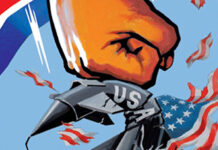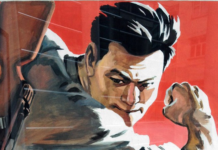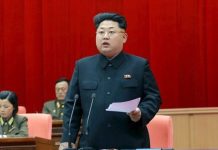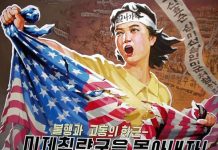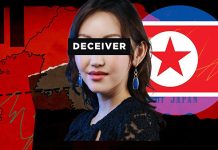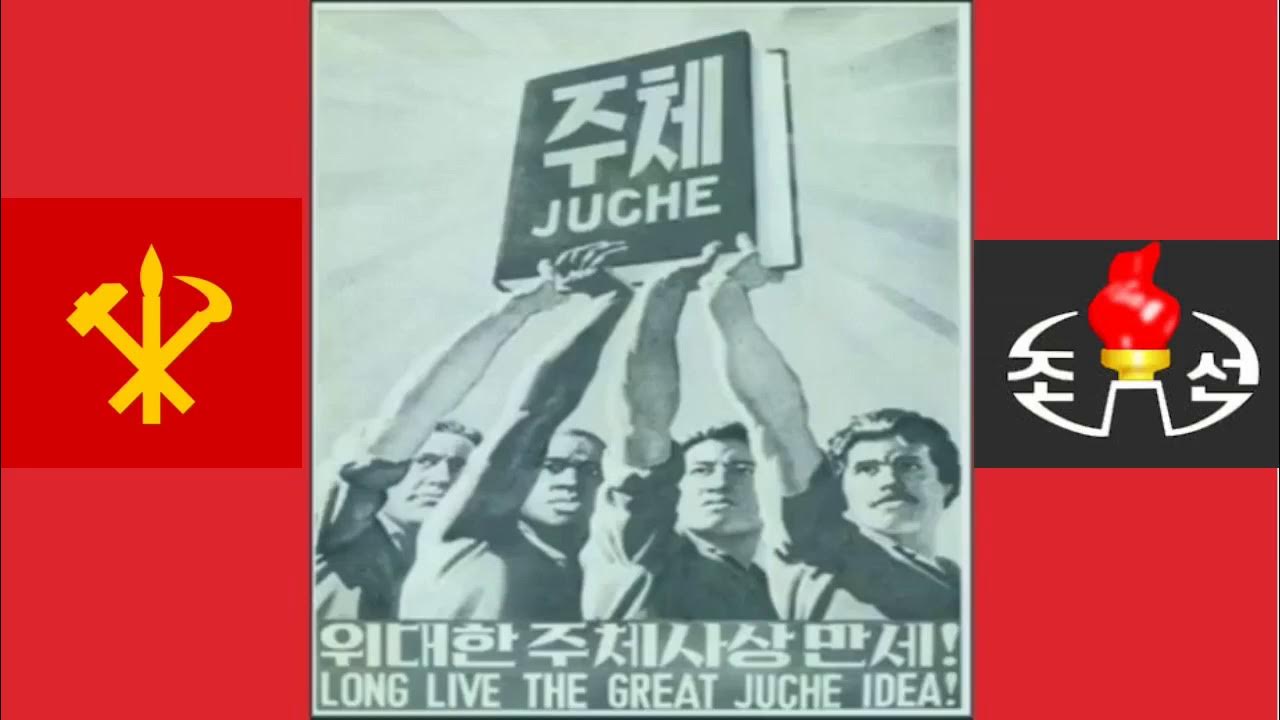
The Juche idea or Juche ideology has been the guiding idea of the Democratic People’s Republic of Korea (DPRK) for many decades.
Juche is synonymous with the DPRK. Without understanding the Juche idea, it is impossible to have any understanding of the DPRK. However, much of the media in the West and some so-called academic experts on the DPRK totally ignore the Juche idea in their discourse on the DPRK. Others show a crude and distorted understanding of the Juche idea which is essentially dismissive of it.
Frequently, Juche is described as meaning “self -reliance.” Self-reliance indeed forms a core part of the Juche idea but it has a far wider and deeper meaning.
A typical example of the Western mainstream media dismissal of Juche can be found in Reuters on September 14, 2017. The article, written by Jack Kim and Kiyoshi Takenaka and syndicated in other publications, like the UK’s Daily Mirror, claimed that “Juche is the North’s ruling ideology that mixes Marxism and an extreme form of go-it-alone nationalism.” This is, of course, a caricature of the Juche idea.
At no point did any of the DPRK’s leaders ever say that the DPRK would or should “go it alone”—although at different moments in its history has had to “go it alone” in order to survive.
An example of the latter was in 1962 when the former Union of Soviet Socialist Republics (USSR) suspended cooperation with the DPRK and imposed sanctions on it.
Worse are those who claim that Juche is a form of “ethno-nationalism,” or a “state religion” or “cult.”
A lot of misinformation about the Juche idea has been spread by American and European academics based in South Korea. Among them are B.R. Myers and Andrei Lankov, who are held up as “Korea experts” but actually know very little about the DPRK.
Even on the Left in Western Europe and North America there exists a lot of ignorance and misunderstanding about the Juche idea.
The Juche idea was the brainchild of the DPRK’s founding father, President Kim Il Sung, who led the anti-Japanese national liberation struggle.
Juche is a Korean word of two syllables: “Ju” meaning one’s self, and “Che” which means master. In other words, it means “master of one’s self.”
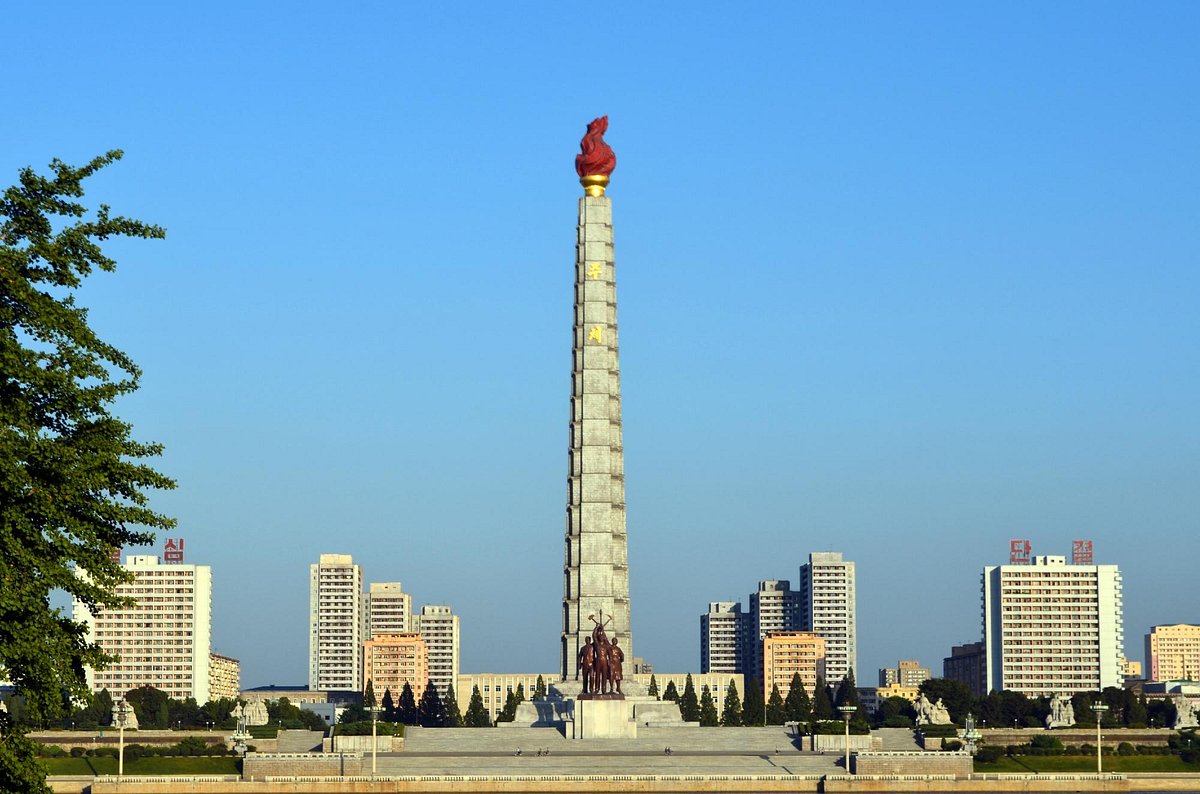
The term “Juche” was first used publicly and explicitly in 1955 in a speech President Kim Il Sung made to party ideological workers—titled “On Eliminating Dogmatism and Formalism and Establishing Juche in Ideological Work.” In his speech Kim asked: “What is Juche in our Party’s ideological work? What are we doing? We are not engaged in any other country’s revolution, but solely in the Korean revolution. This, the Korean revolution, determines the essence of Juche in the ideological work of our Party. Therefore, all ideological work must be subordinated to the interests of the Korean revolution.” [Kim Il Sung Works, Vol. 9, p. 402]
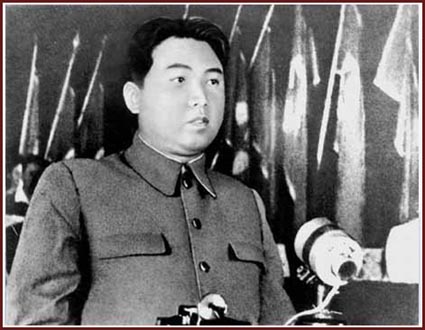
At the time President Kim Il Sung made the speech, there was an urgent need to clear away dogmatic and formalistic attitudes that were hindering the advance of the Korean revolution.
The Democratic People’s Republic of Korea was blazing a new trail in the construction of socialism; ready-made formulas, therefore, did not fit.
Some dogmatists in the ruling Workers’ Party of Korea wanted to do everything according to old Marxist textbooks or to copy the experiences of the USSR.
However, the DPRK’s situation was different from other socialist countries; it was a divided country that had emerged from the ruins of Japanese colonialism and feudalism.
It was really impossible for the DPRK to follow the path of other countries. There was a need for independent and creative thinking and for the DPRK to assert its independence.
The assertion of the DPRK’s independence became more important than before because the USSR, after the death of Stalin, dropped its anti-imperialist stance and, later, the socialist camp and international communist movement was split into pro-Soviet and pro-Chinese wings.
Moreover, establishing Juche was essential as Korea was sandwiched between great powers and menaced by the U.S. imperialists who had occupied southern Korea after 1945. In the past, Korea had lost independence due to the idea of relying on and fawning to big powers (this is known as flunkeyism).
The flunkeyist or sycophantic mentality had been deeply ingrained in the old feudal ruling class. In the closing years of the 19th century and the early 20th century, Korea’s feudal rulers had done virtually nothing to organize the work of defense against the menace of Japan.
The ruling class was split into pro-Russian, pro-Chinese, pro-U.S. and pro-Japanese factions. Different big powers—such as Japan, the U.S., China, Russia, Britain and France—all coveted Korea; in the end, however, Korea was occupied and annexed by Japan.
The nationalist movement in Korea was also captivated by flunkeyism, the mentality of relying on big powers. Some wanted to rely on the U.S., believing in Woodrow Wilson’s doctrine of “self-determination,” while others looked to China or to the USSR. Some even believed that the colonial suzerain Japan would grant independence to Korea if they begged hard enough.
Although Juche was first explicitly mentioned in 1955, in fact, it goes back much further. It was actually first outlined in an embryonic form by Kim Il Sung when he addressed a meeting of the leading activists and cadres of the Young Communist League of Korea and the Anti-Imperialist Youth League at Kalun, China, in June 1930 (many Koreans had been exiled to China in those days and many Korean independence activists were based in China). At the time, the Korean people were looking for a new way to successfully conduct the revolutionary struggle for independence and national liberation as well as for social justice.
The young Kim Il Sung keenly realized that a new path for the Korean revolution needed to be charted. He stressed that the Korean revolution should be carried out independently and by relying on the ordinary people, the popular masses.
In his speech, titled “The Path of the Korean Revolution,” he explained his ideas and put forward an independent line for the Korean revolution. He castigated those who believed in relying on big powers or splitting into many different factions:
“Experience shows that in order to lead the revolution to victory, one must go among the masses of people and organize them, and solve all problems arising in the course of the revolution independently on one’s own responsibility in accord with the actual conditions, instead of relying on others.
Drawing on this lesson we regard it as most important to take the firm standpoint that the masters of the Korean revolution are the Korean people and that the Korean revolution should by all means be carried out by the Korean people themselves in a way suited to the actual conditions of their country.” [Kim Il Sung Works, Vol. 1, p. 5]
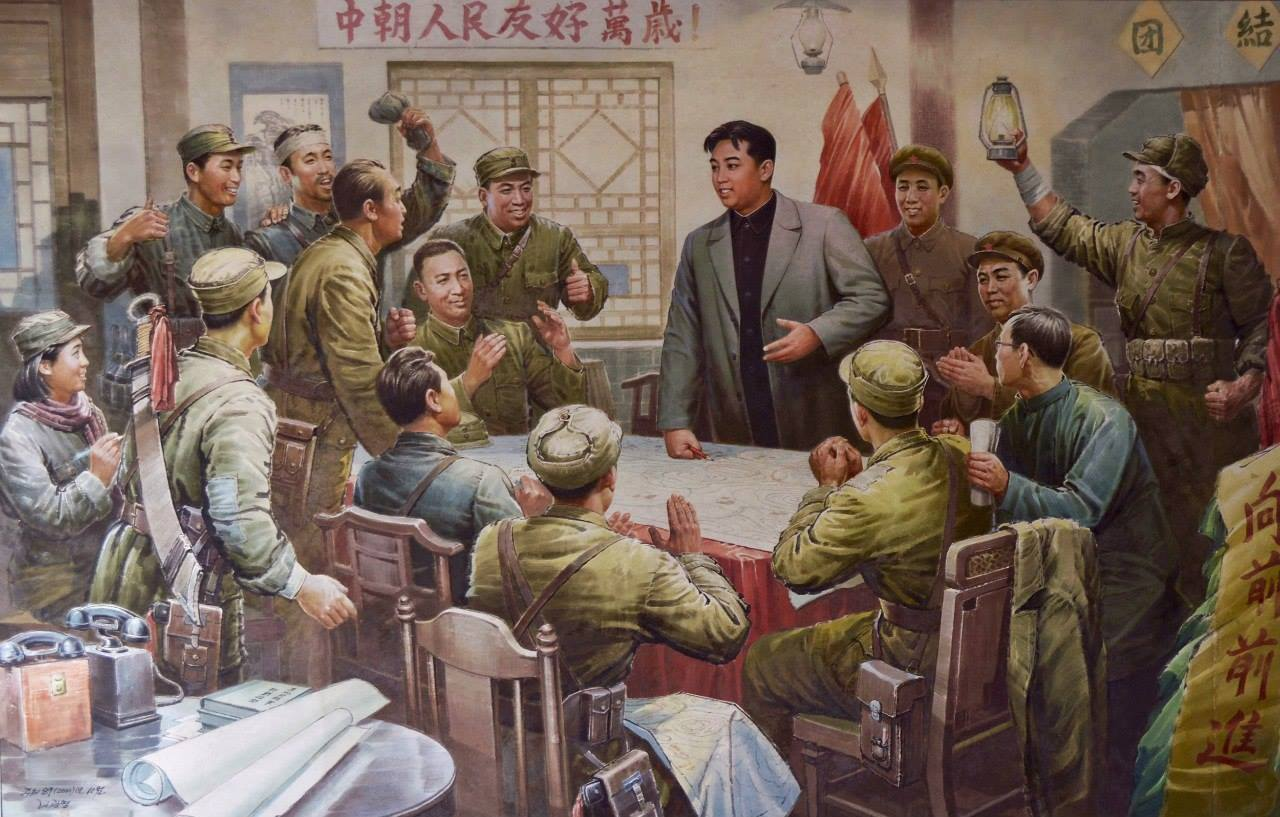
This is the basis of the Juche idea and its starting point. The idea that the masses are the masters of the revolution was first voiced at Kalun in 1930. Kim Il Sung also stressed that “The masters of the revolutionary struggle are the masses of the people, and only when they are organized and mobilized can they win the revolutionary struggle.”
Many years later, on September 17, 1972, President Kim Il Sung explained to journalists of Japan’s Mainichi Shimbun that: “In a nutshell, the idea of Juche means that the masters of the revolution and the work of construction are the masses of the people and that they are also the motive force of the revolution and the work of construction. In other words, one is responsible for one’s own destiny and one has also the capacity for hewing out one’s own destiny.” [Kim Il Sung Works, Vol. 27, p. 324]
President Kim Il Sung also said that “Independence is what keeps man alive. If he loses independence he cannot be called a man; he differs little from an animal.” [Kim Il Sung Works, Vol. 27, p. 328] This is a succinct elucidation of the humanistic and liberating nature of the Juche idea.
In March 1982, Kim Jong Il, who was at the time Secretary for Organizational Affairs of the Workers’ Party of Korea, published the treatise “On the Juche Idea,” which explained and expounded the Juche idea in depth and in a systematic and structured form.
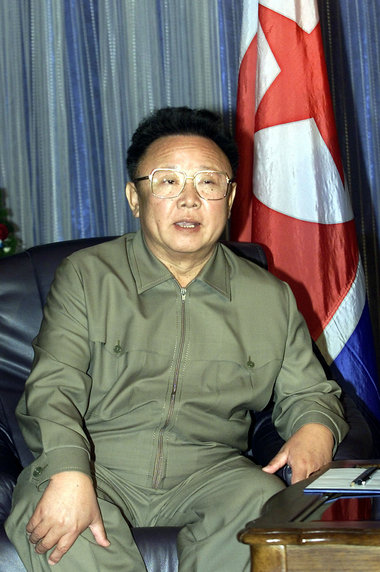
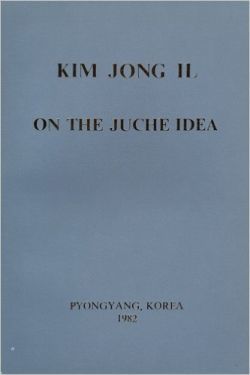
Kim defined the Juche idea as having philosophical principles, socio-historical principles and guiding principles. The core principle of the Juche idea is that humans are the masters of everything and decide everything. In the work Kim Jong Il explained that man is a social being with the attributes of independence, creativity and consciousness, all of which were interrelated. The guiding principles of the Juche idea, which are applied concretely in practice, were: Juche in ideology, independence in politics, self-sufficiency in the economy, and self-reliance in national defense.
The Juche idea postulates that the masses are the subject of the revolution, not its object. Accordingly, in order to carry out the revolution, the masses should be awakened and should play the role of the masters of the revolution; therefore, priority should be given to ideological work. This is one of the main reasons why the DPRK did not collapse like the socialist states of Eastern Europe and the USSR.
Some self-styled “Leftist” detractors of the Juche idea, who reject the socialist experience of the DPRK, claim that “Juche rejects Marxism-Leninism.” This, however, is not true. In fact, Marxism-Leninism is an important component of Juche.
In his youth Kim Il Sung studied the works of Marx and Lenin, including Capital and The State and Revolution. Kim Jong Il himself pointed out that: “Our Party and people respect Marx, Engels, Lenin and Stalin as the leaders of the working class and speak highly of their distinguished service.” Moreover, the DPRK is one of the few countries in the world where you can take a university course in Marxism-Leninism and dialectical materialism. So it is a false statement that Marxism-Leninism has been rejected by the DPRK.
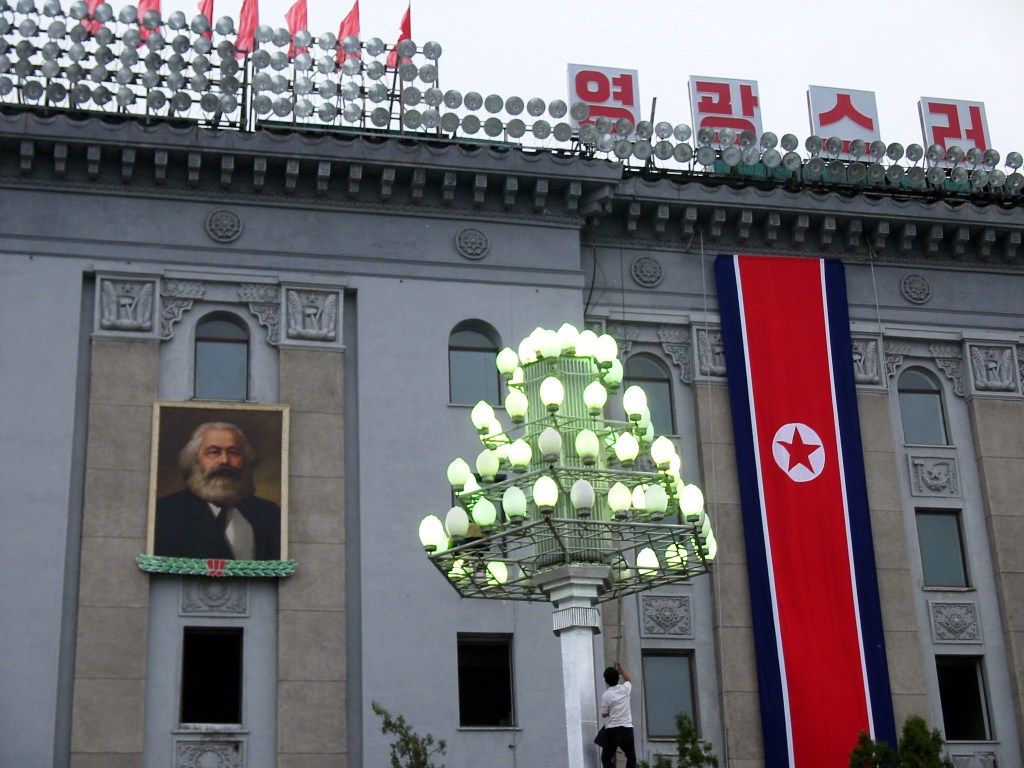
Nor is Juche simply narrow nationalism or a cover for nationalism. Kim Jong Il said in his work “On the Juche Idea” that “Independence is not in conflict with internationalism but is the basis of its strengthening. Just as the world revolution is inconceivable without the revolution in one’s own country, internationalism divorced from independence cannot exist. As a matter of principle, internationalist solidarity must be based on freedom of choice and equality. Only when it is founded on independence will internationalist solidarity become based on free choice and equality and become genuine and durable.”
Guided by the Juche idea, the DPRK has always been internationalist. It has materially supported revolutionary and anti-imperialist struggles in many countries, such as Vietnam, Cuba, Angola and others.
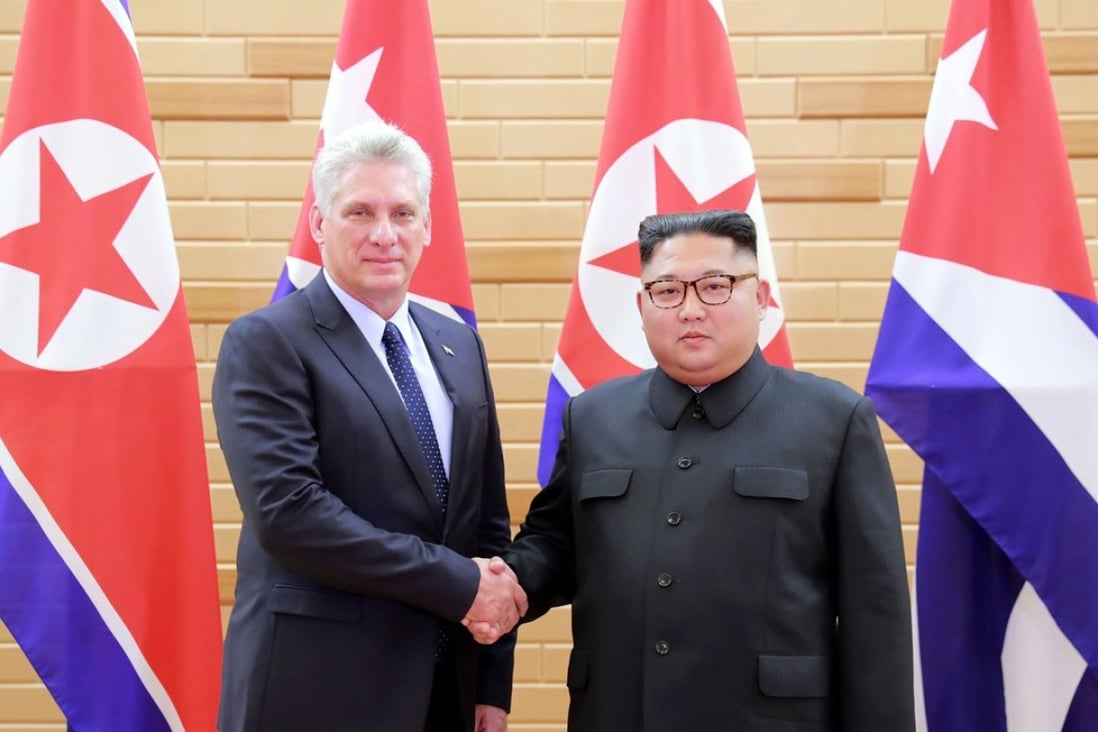
The Juche idea is the secret weapon of the DPRK which has enabled it to not only survive in difficult circumstances but to thrive and prosper. Thanks to the application of the Juche idea the DPRK was able to maintain independence.
Indeed, former British Prime Minister John Major paid an unusual backhanded compliment to the DPRK when he said it was a “country with undiluted independence.”
The DPRK does not have foreign troops stationed on its soil. It is not a member of the IMF, World Bank, World Trade Organization (WTO), World Economic Forum (WEF) or Asia-Pacific Economic Cooperation (APEC).
It has been able to build an independent national economy and industrialize despite being under blockade and sanctions by the U.S. since almost day one, as well as increasingly by the United Nations Security Council since 2006.
The DPRK has been able to manage with its borders closed since January 2020 when others would be lucky to last beyond a couple of days. At the same time and despite the sanctions, the DPRK has been able to maintain an impressive social program, with free medical care, free education up to university level, free housing, low-cost public transport and other measures but without levying tax on citizens as this was abolished in 1974.
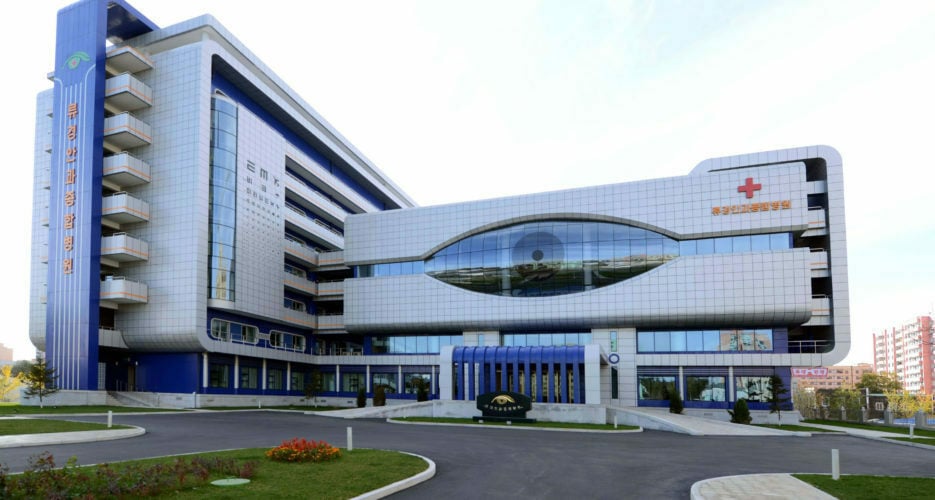
In the past few years, a massive housing construction program has been carried out not just in Pyongyang but in rural areas.
Thus, the Juche idea has produced tangible results in the DPRK. There is no doubt that the DPRK’s socialism is the most durable socialism.
Therefore, it is not surprising that, since the 1960s, groups for the Study of the Juche Idea have appeared in many countries. The first one was founded in Mali in 1969; in 1978, the International Institute of the Juche Idea was established, with headquarters in Tokyo, Japan.
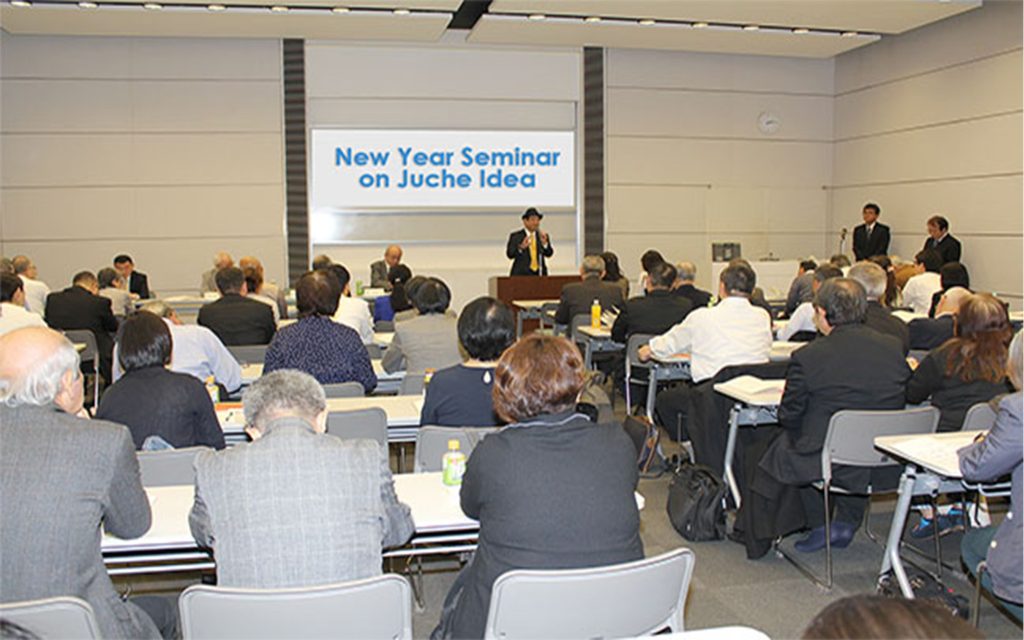
As Dr. Vishwanath, director of the international institute of the Juche idea, once said, “Study the Juche idea; it will cost you nothing but pay in plenty.”

CovertAction Magazine is made possible by subscriptions, orders and donations from readers like you.
Blow the Whistle on U.S. Imperialism
Click the whistle and donate
When you donate to CovertAction Magazine, you are supporting investigative journalism. Your contributions go directly to supporting the development, production, editing, and dissemination of the Magazine.
CovertAction Magazine does not receive corporate or government sponsorship. Yet, we hold a steadfast commitment to providing compensation for writers, editorial and technical support. Your support helps facilitate this compensation as well as increase the caliber of this work.
Please make a donation by clicking on the donate logo above and enter the amount and your credit or debit card information.
CovertAction Institute, Inc. (CAI) is a 501(c)(3) non-profit organization and your gift is tax-deductible for federal income purposes. CAI’s tax-exempt ID number is 87-2461683.
We sincerely thank you for your support.
Disclaimer: The contents of this article are the sole responsibility of the author(s). CovertAction Institute, Inc. (CAI), including its Board of Directors (BD), Editorial Board (EB), Advisory Board (AB), staff, volunteers and its projects (including CovertAction Magazine) are not responsible for any inaccurate or incorrect statement in this article. This article also does not necessarily represent the views the BD, the EB, the AB, staff, volunteers, or any members of its projects.
Differing viewpoints: CAM publishes articles with differing viewpoints in an effort to nurture vibrant debate and thoughtful critical analysis. Feel free to comment on the articles in the comment section and/or send your letters to the Editors, which we will publish in the Letters column.
Copyrighted Material: This web site may contain copyrighted material the use of which has not always been specifically authorized by the copyright owner. As a not-for-profit charitable organization incorporated in the State of New York, we are making such material available in an effort to advance the understanding of humanity’s problems and hopefully to help find solutions for those problems. We believe this constitutes a ‘fair use’ of any such copyrighted material as provided for in section 107 of the US Copyright Law. You can read more about ‘fair use’ and US Copyright Law at the Legal Information Institute of Cornell Law School.
Republishing: CovertAction Magazine (CAM) grants permission to cross-post CAM articles on not-for-profit community internet sites as long as the source is acknowledged together with a hyperlink to the original CovertAction Magazine article. Also, kindly let us know at info@CovertActionMagazine.com. For publication of CAM articles in print or other forms including commercial internet sites, contact: info@CovertActionMagazine.com.
By using this site, you agree to these terms above.
About the Author
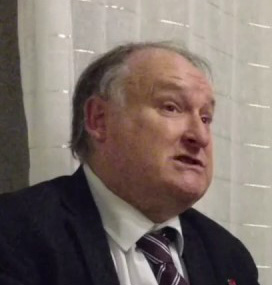
Dermot Hudson was born in London, UK but grew up in Winchester.
He studied History at the University of Winchester and also did some postgraduate study at the University of Greenwich. He has visited the Democratic People’s Republic of Korea 18 times and is the Chairman of the Korean Friendship Association of the UK as well the founder of the British Group for the Study of the Juche Idea.
In 2016 Dermot Hudson was awarded the Doctorate of Socio-politics by the Korean Association of Social Scientists.
He can be reached at juche007@yahoo.co.uk.

